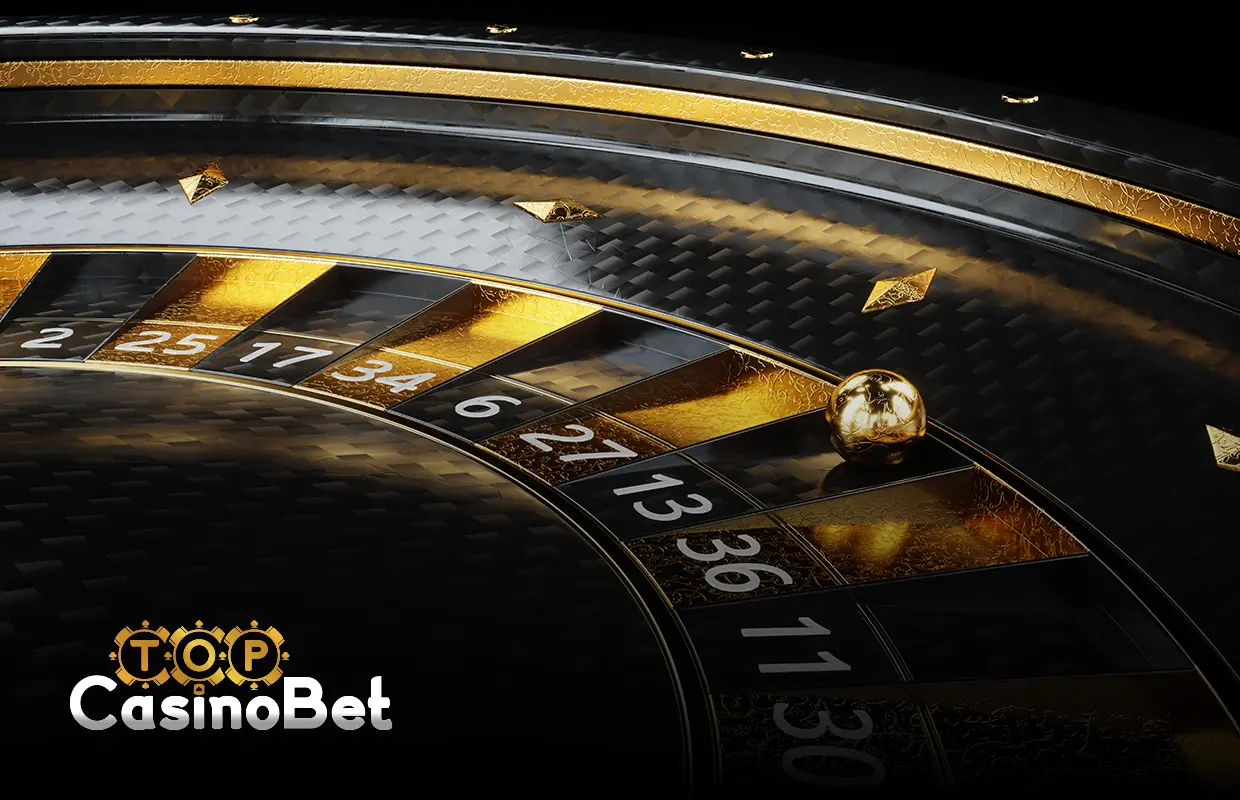


The house edge refers to the built-in advantage of the casino in every game. It indicates to you the average percentage of every bet that the casino keeps as its profit. The house edge is part of the game rules; for example, an edge of 4% means that players will lose about €4 for every €100 bet on average. If you know this number, you can know which games give better odds.
The house edge may seem like a complex concept, but it’s quite simple. It’s just the percentage of your bet that the casino expects to take in the long run. The higher the house edge, the more money the casino makes. The lower the house edge, the higher the player’s chances are of walking away with a win. If an example of a slot is 96% RTP to the player, there’s a 4% edge to the house. So, the house keeps around $4 of every $100 wagered over time.
The basic house edge formula is:
House Edge = ((Total Bets − Total Winnings) ÷ Total Bets) × 100
Thus, the generic formula is:
House Edge = 100% − RTP
For instance, let’s assume that players make bets totaling $100 and win back $95. The $5 ‘left over’ is what the benefit of the casino is; hence, the house advantage would be equivalent to 5%.
Here’s another example. Imagine you bet €1 on a single number in European Roulette (1 in 37 chance), then you’d win €35. So, the house edge here is about 2.7%, as the actual odds don’t quite correspond precisely to the payout.
Consider a coin flip. If the payout is even (1:1), then the house edge is 0%. However, if the casino pays you $0.90 for every $1 win, even though you still win half the time, you’ll still be losing $0.05 per bet on average. That’s a 5% house edge. That’s the way games are always designed by casinos, giving less than “true odds” in the long run to make a profit. Even if you win now, the math favors the house over time.
Understanding how to calculate the house edge will make you a better player. You will know which games offer favorable odds and be able to moderate your expectations. Whether you are spinning a roulette wheel or playing a round of slots, knowing the edge puts you at an advantage. Optimizing for low house edge, high RTP games all the time, and in the long run, it will save your money and help sharpen your strategy.
The house edge is that small theoretical advantage over the players. It represents an average percentage of every bet that the casino keeps as profit in the long run.
You can calculate the house edge using this formula:
House Edge = ((Total Bets − Total Winnings) ÷ Total Bets) × 100
House Edge = 100% - RTP (Return to Player). This formula shows what percentage of every bet that the casino makes it is expected to keep on average.
Understanding the house edge is a matter of helping the players make informed choices. That includes identifying which of the games offer better odds and planning on how to manage the losses over time. Generally, therefore, the lower the edge, the better your shot.
Blackjack (with optimal strategy), video poker, and baccarat (betting on the banker) are among the lowest house edges in casino games; usually less than 1%, which is much more favorable for the players.


















THE BEST ONLINE CASINOS WE RECOMMEND